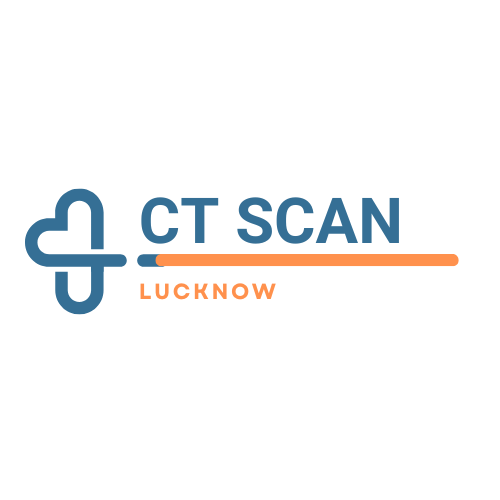A CT (Computed Tomography) scan is a widely used medical imaging technique that provides detailed images of internal structures in the body.
While it is an effective diagnostic tool, many people wonder whether it is helpful. Understanding whether is CT scan safe, its risks, benefits, and precautions can help ease any concerns.
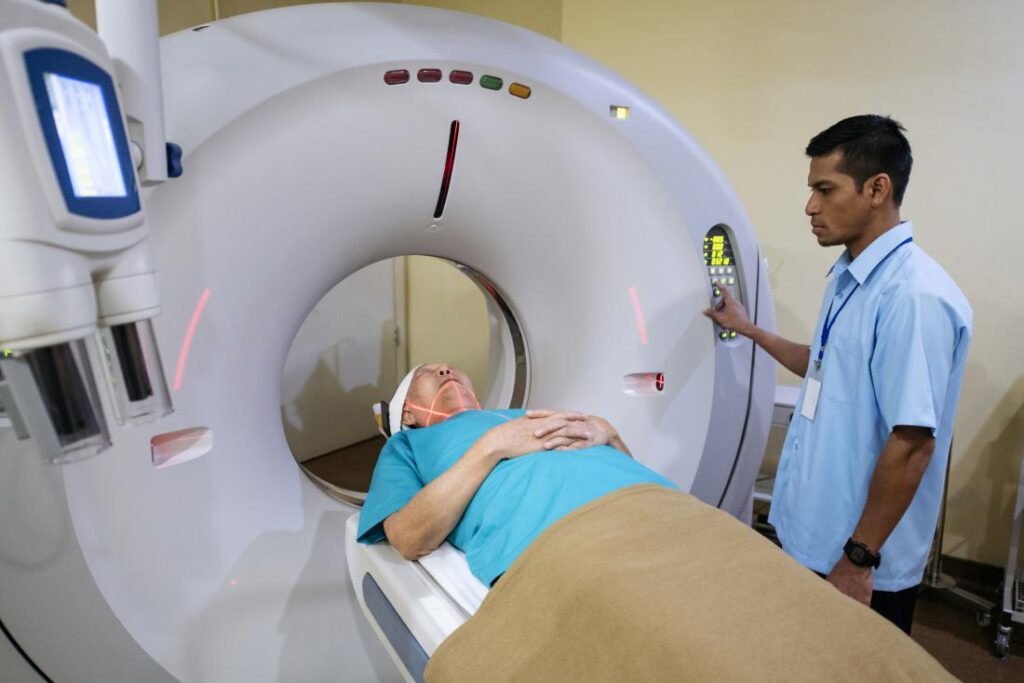
How Does a CT Scan Work?
A CT scan uses X-ray technology combined with computer processing to create cross-sectional images of the body.
Unlike standard X-rays, which produce a single flat image, a CT scan takes multiple images from different angles and assembles them into a detailed, three-dimensional representation.
Is a CT Scan Safe?
CT scans involve exposure to ionizing radiation, which is higher than that of a regular X-ray. However, the levels are generally considered safe for most people.
The amount of radiation varies depending on the type of scan and the area of the body being examined. Modern CT scanners use advanced technology to minimize radiation exposure while maintaining high image quality.
Factors That Influence CT Scan Safety
Several factors affect the safety of a CT scan:
- Frequency of Scans: Repeated scans over a short period can increase cumulative radiation exposure.
- Age of the Patient: Children and younger individuals are more sensitive to radiation than adults.
- Area of the Body Scanned: Some areas, such as the abdomen and chest, may require higher doses of radiation.
- Medical Condition: If a scan is necessary for diagnosing a serious condition, the benefits often outweigh the risks.
Who Should Be Cautious About CT Scans?
While CT scans are generally safe, certain individuals should take extra precautions:
- Pregnant women should avoid CT scans unless absolutely necessary.
- Children should only undergo CT scans if recommended by a doctor.
- People who require frequent imaging should discuss alternative options with their physician.
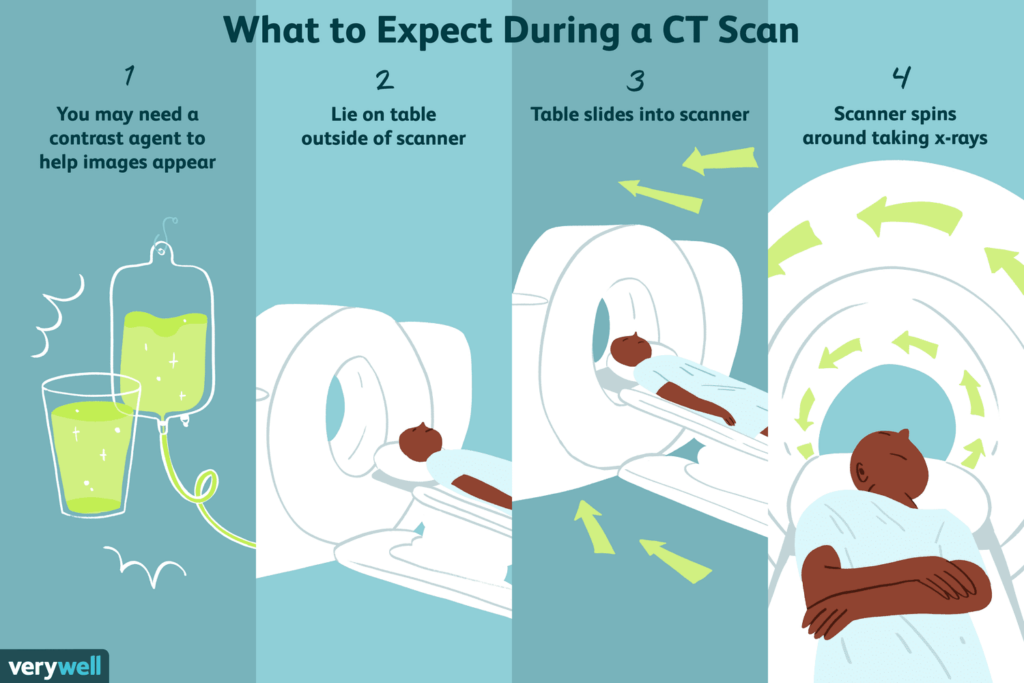
Benefits of CT Scans
Despite concerns about radiation exposure, CT scans provide several benefits:
- Accurate Diagnosis: CT scans help detect tumors, infections, fractures, and internal bleeding with precision.
- Guided Treatment: They assist in planning surgeries, biopsies, and other treatments.
- Fast and Painless: The procedure is quick, often taking only a few minutes.
- Non-Invasive: Unlike exploratory surgery, a CT scan provides internal imaging without any incision.
How to Minimize Radiation Risks?
If you need a CT scan, you can take certain steps to minimize radiation exposure:
- Discuss Alternatives: Ask your doctor if an MRI or ultrasound could be an alternative.
- Use Low-Dose Protocols: Many facilities now offer low-dose CT scans.
- Keep a Record: Maintain a record of past scans to avoid unnecessary repetition.
- Follow the Doctor’s Advice: Only undergo a CT scan if it is medically necessary.
Note for First-Time CT Scan Patients
If you are undergoing a CT scan for the first time, here are some key points to keep in mind:
- Preparation: You may be asked to avoid food or drinks for a few hours before the scan, especially if contrast dye is used.
- Clothing and Jewelry: Wear comfortable, loose clothing and remove any metal objects.
- Contrast Material: Some CT scans require a contrast dye, which helps enhance image clarity. It may be given orally or through an IV.
- Procedure Duration: The scan itself usually takes only 5–10 minutes, but preparation may take longer.
- Post-Scan Instructions: If contrast dye is used, drink plenty of water to help flush it from your body.
Frequently Asked Questions
Does a CT scan hurt?
No, a CT scan is a painless procedure. If contrast dye is used, you may feel a warm sensation or a metallic taste for a few seconds.
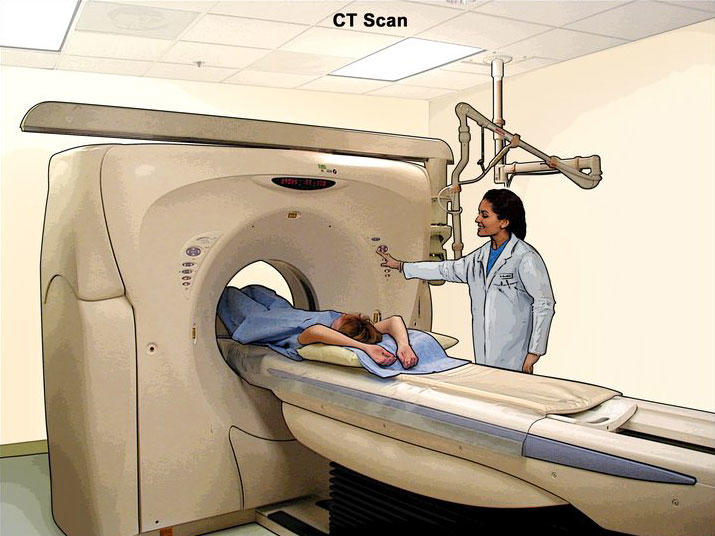
How much radiation does a CT scan expose me to?
Radiation exposure varies depending on the type of scan. A standard chest CT scan exposes you to about 7 millisieverts (mSv) of radiation, compared to 0.1 mSv from a regular X-ray.
Can I get cancer from a CT scan?
While excessive radiation exposure over time can increase the risk of cancer, a single CT scan poses minimal risk. The medical benefits generally outweigh the potential hazards.
Is a CT scan safer than an MRI?
Both have different safety considerations. MRI does not use radiation but may not be suitable for people with metal implants. CT scans are preferred for certain conditions requiring detailed imaging of bones and lungs.
Can I undergo a CT scan if I’m pregnant?
It is generally avoided unless absolutely necessary. If imaging is required, an ultrasound or MRI may be recommended instead.
How often can I have a CT scan?
There is no strict limit, but doctors generally recommend avoiding unnecessary scans to minimize cumulative radiation exposure.
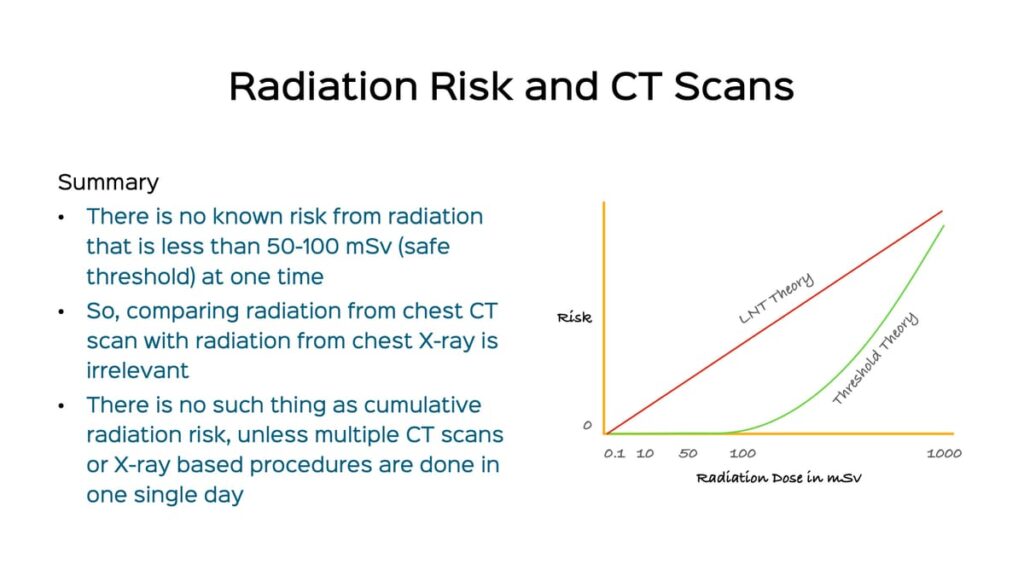
What should I do after a CT scan?
If contrast dye is used, drink plenty of fluids to help eliminate it from your body. You can resume normal activities immediately unless advised otherwise by your doctor.
Why Choose CT Scan Lucknow?
If you are considering CT scan Lucknow offers some of the best diagnostic centers equipped with advanced technology and experienced radiologists.
Our facility ensures accurate imaging with minimal radiation exposure, prioritizing patient safety and comfort. With state-of-the-art equipment and a dedicated team, we provide timely and reliable results, making us a trusted choice for medical imaging in Lucknow.
Final Thoughts
CT scans are a valuable medical tool that provides crucial diagnostic information. While there is some radiation exposure, the risks are minimal when used appropriately.
If you have concerns, consult your doctor to discuss whether a CT scan is necessary and what precautions can be taken to ensure safety.
